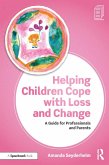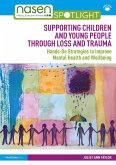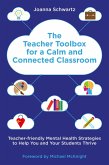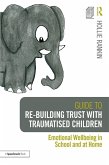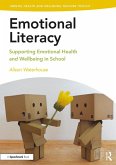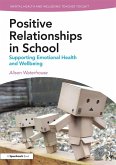A game-changing toolkit for teachers, empowering them to build their understanding of adverse childhood experiences (ACEs) and to develop their trauma-informed teaching practice.
There is now a greater understanding on the impact of our early experiences on our stress response system and how this affects children in the classroom. Based on research and real-world experiences, Creating a Trauma-informed Classroom equips teachers of both primary and secondary phases to create compassionate and trauma-sensitive learning environments by suggesting and explaining up to date and practical strategies.
An experienced ASN teacher who uses these strategies in her daily practice, Sarah Latham focuses on:
Each chapter summarises key points from literature, research, and policy to provide a concise and accessible text without data and jargon overload. Pupil voice is also highlighted through reflections and opinions from children and young people, and case studies from different schools and projects across Scotland that have developed new approaches to trauma-informed practice.
A perfect resource for an teacher or senior leader wishing to create a trauma-informed school
There is now a greater understanding on the impact of our early experiences on our stress response system and how this affects children in the classroom. Based on research and real-world experiences, Creating a Trauma-informed Classroom equips teachers of both primary and secondary phases to create compassionate and trauma-sensitive learning environments by suggesting and explaining up to date and practical strategies.
An experienced ASN teacher who uses these strategies in her daily practice, Sarah Latham focuses on:
- how to build and maintain positive relationships with pupils affected by trauma and ACEs
- how to create a supportive environment
- how to design and deliver learning
- how to work collaboratively with others and
- how to promote emotional regulation in the classroom, including supporting dysregulated and distressed behaviours.
Each chapter summarises key points from literature, research, and policy to provide a concise and accessible text without data and jargon overload. Pupil voice is also highlighted through reflections and opinions from children and young people, and case studies from different schools and projects across Scotland that have developed new approaches to trauma-informed practice.
A perfect resource for an teacher or senior leader wishing to create a trauma-informed school
Dieser Download kann aus rechtlichen Gründen nur mit Rechnungsadresse in A, D ausgeliefert werden.




